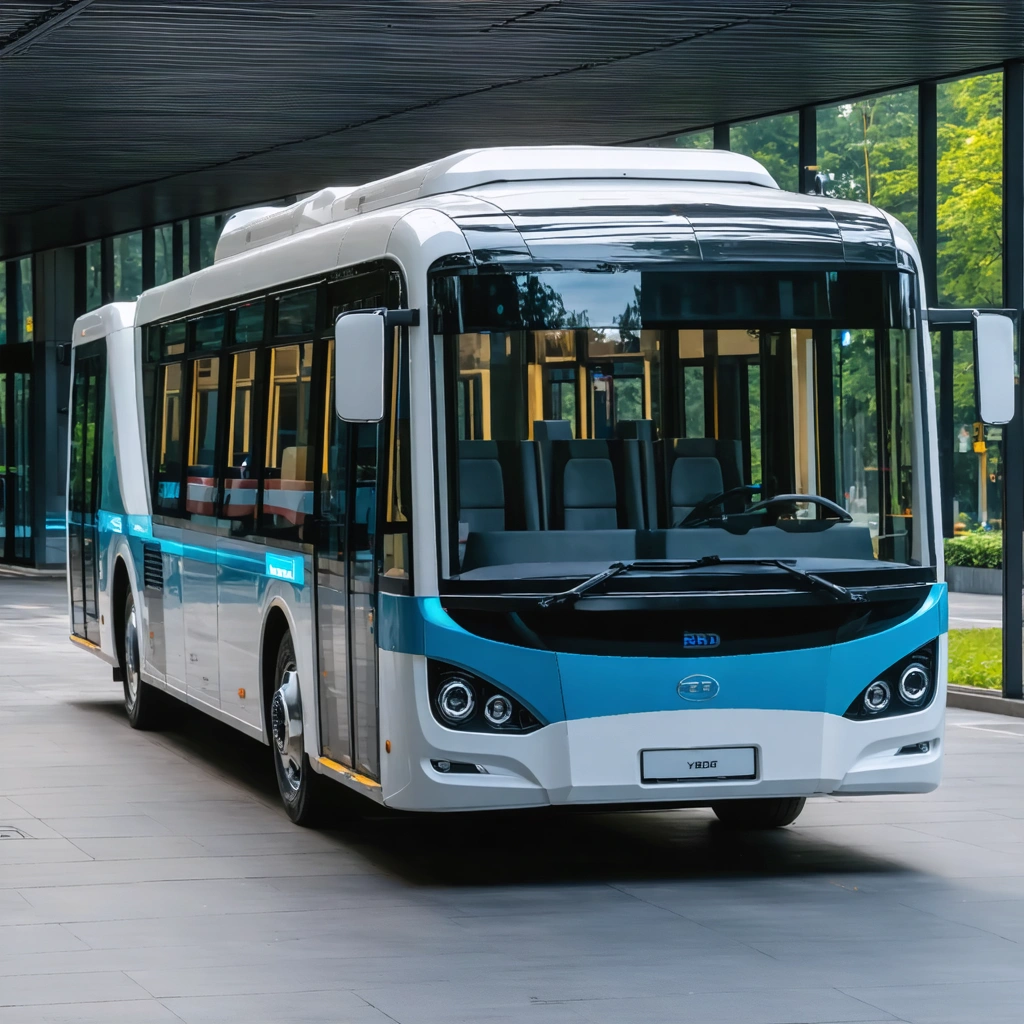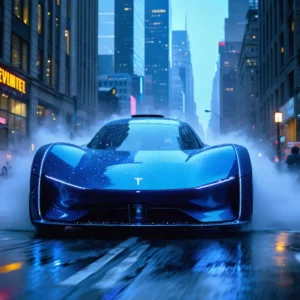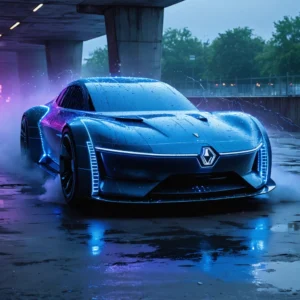
Introduction
The recent order of 2,325 BYD electric bus chassis by India’s Olectra marks a significant milestone in the evolution of sustainable urban mobility. This groundbreaking deal not only reinforces the strategic alliance between BYD and Indian stakeholders but also highlights the commitment of both parties to drive the adoption of environmentally friendly transportation solutions. With the integration of BYD’s proven Blade battery technology, the electric bus chassis are set to offer enhanced safety, extended durability, and improved performance in urban commuting scenarios.
Strategic Significance and Market Dynamics
Expanding the Electric Mobility Ecosystem
The electric vehicle (EV) market in India has witnessed accelerated growth in recent years, driven by an increasing need to reduce carbon emissions and enhance energy security. Olectra’s decision to order over 2,000 additional electric bus chassis is a testament to the rising confidence of stakeholders in advanced battery technologies. This strategic investment is expected to set a benchmark for future procurement decisions in the public transportation sector.
- Market Penetration: Adoption of electric buses is poised to increase rapidly, influencing other regions to consider similar investments.
- Technological Edge: Utilizing Blade battery technology, known for its high safety standards and long lifespan, enhances the reliability of vehicle operations.
- Scalability: The order underlines a scalable model that can be replicated in various cities across India, leading to a broader national impact.
Economic and Environmental Benefits
The collaboration between BYD and Olectra is set to deliver multiple advantages:
- Cost Efficiency: The deployment of efficient electric bus chassis reduces long-term maintenance and operational expenditures, offering significant savings for public transport authorities.
- Environmental Impact: Transitioning from fossil-fuel-powered buses to electric models significantly cuts down greenhouse gas emissions and urban pollution.
- Job Creation: Enhanced investments in this sector are likely to generate employment opportunities in manufacturing, maintenance, and ancillary services related to the electric mobility industry.
Technological Innovations in Blade Battery Technology
Reliability and Safety Standards
BYD’s Blade battery technology represents a breakthrough in modern battery design. Engineered to deliver exceptional performance even under tough operational conditions, the Blade battery enhances vehicle sustainability. Its unique design minimizes risks associated with thermal runaway and significantly reduces the likelihood of battery degradation over time. This technology also allows for:
| Feature | Benefit |
|---|---|
| High Energy Density | Enables longer journeys on a single charge, improving operational efficiency |
| Robust Structural Integrity | Ensures better safety performance in various driving scenarios |
| Rapid Charging Capability | Minimizes downtime and enhances fleet availability |
Technological Trends Shaping the Future
The advanced electric bus chassis equipped with Blade battery technology enhance the reliability of fleet operations and set new industry standards. Future technological trends are likely to integrate even more sophisticated features, such as:
- Enhanced connectivity via Internet of Things (IoT) systems for real-time monitoring
- Advanced regenerative braking systems to maximize energy efficiency
- Integration of artificial intelligence for predictive maintenance scheduling
Future Implications for the Indian Market
Policy and Regulatory Support
The significant bulk order by Olectra aligns with broader governmental initiatives that promote electric mobility and green investments. Continued regulatory support is expected to attract further investments from both domestic and international players. As the policy environment evolves, key points include:
- Incentives for reducing carbon footprints in urban transport
- Tax benefits and subsidies for electric vehicle manufacturers and buyers
- Public–private partnerships that foster sustainable infrastructure development
Long-Term Business and Environmental Impact
From a business perspective, the introduction of a substantial number of electric bus chassis enhances operational predictability and paves the way for extensive market expansion. Ongoing collaborations between multinational corporations and local market leaders ensure:
- Enhanced brand credibility in both home and international markets
- Leveraging advanced technologies to meet stringent transportation requirements
- Improved economic conditions through efficient and sustainable transportation systems
Moreover, the environmental impact of this initiative will contribute to India’s long-term goals of sustainable urban development and the reduction of carbon emissions. As cities continue to expand and the demand for clean transportation rises, similar initiatives will form a cornerstone of modern urban planning.
Conclusion
The order of 2,325 BYD electric bus chassis by Olectra signifies a pivotal shift towards sustainable public transportation in India. By integrating Blade battery technology, the electric bus chassis not only guarantee high-level performance and safety, they also fortify the nation’s commitment to environmental stewardship and energy efficiency. As market demands for green technologies grow and the framework for sustainable development continues to evolve, investments of this magnitude will remain integral to the future of urban mobility. The strategic alignment between BYD and Olectra sets a strong precedent for forthcoming initiatives, encapsulating economic, environmental, and technological advancements in one comprehensive vision.




